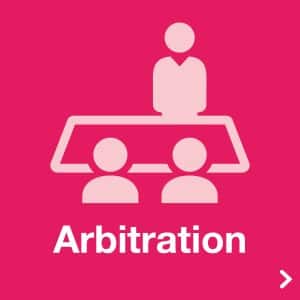Helping to keep your divorce and family disputes out of court
Every couple’s relationship, family and finances are unique, which is why it is so important to receive the right advice from experienced divorce solicitors who understand your situation and can take you through the options available to ensure the best outcome for you and your family.
With court proceedings typically being the last resort to resolve any disputes, we have outlined several of the diverse out of court options, including the introduction of our one couple, one lawyer service to make this sensitive and emotional time as straightforward as possible. All are strictly confidential and require both parties to be open, honest and upfront about the information they provide. However, in doing so and by engaging co-operatively it can help to reduce ongoing conflict and preserve amicable relations at what is already a very challenging time in your life.











